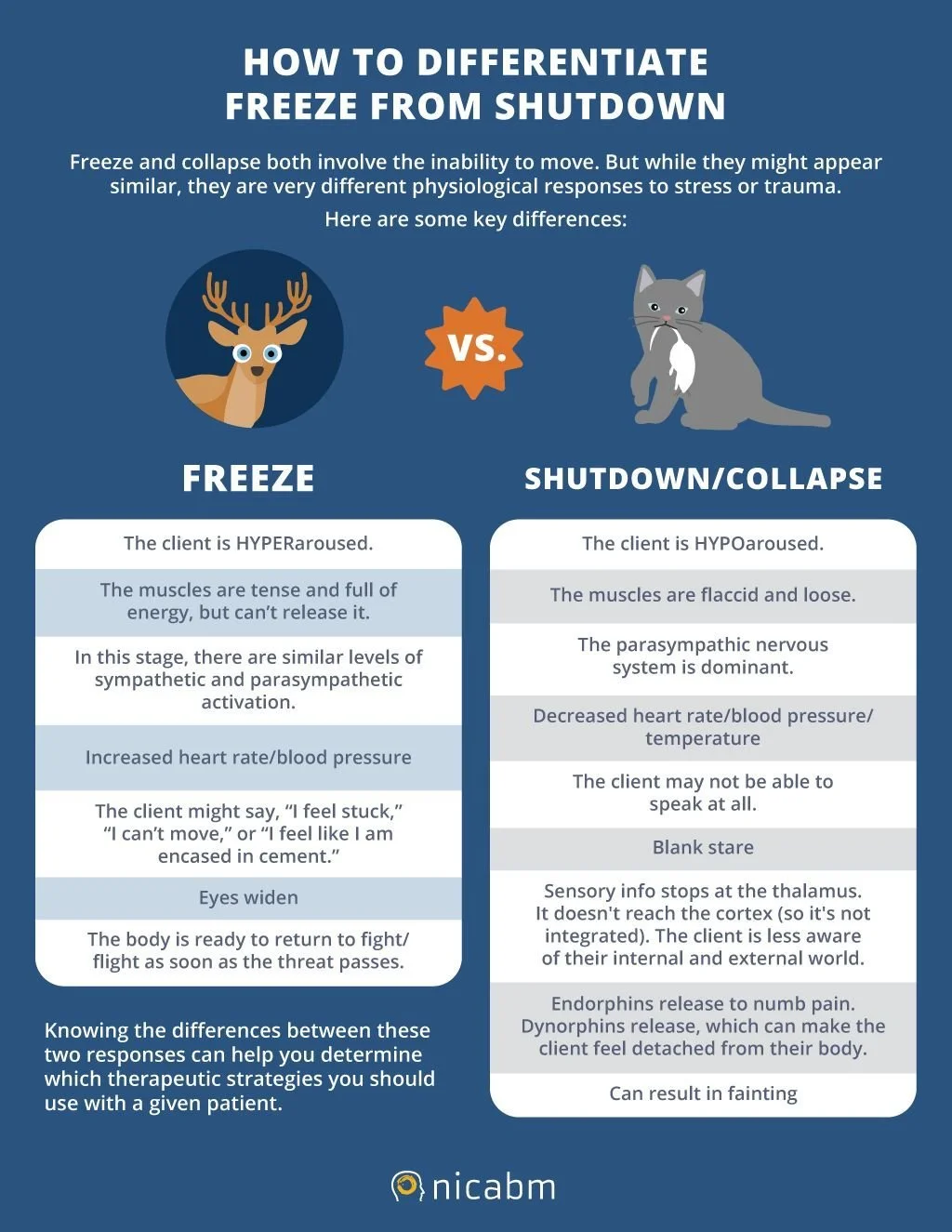Therapy for People Pleasers
You grew up in a family where there wasn’t much room to talk about feelings. Because you weren’t shown how to set boundaries or have honest conversations, you find it difficult to be honest or say ‘no’ as an adult.
People-pleasing often starts with a desire to be liked and accepted by others. As kids, we may have learned that being helpful, agreeable, or "perfect" would earn us approval or avoid conflict. Over time, this behavior becomes a way of coping with fears of rejection or criticism, making us feel like our worth is tied to others' happiness.
The trouble with people-pleasing is that it can lead to burnout and a loss of self-identity. When you're always focused on meeting others’ needs, it’s easy to neglect your own. Over time, this pattern can leave you feeling drained, resentful, and unsure of who you really are or what you truly want. Therapy can help you break free from this cycle by setting healthy boundaries and rediscovering your true self.
People-pleasing is a performance, not true connection.
People-pleasing often starts in childhood as a way to gain approval or avoid conflict, making us feel accepted and loved.
It can help in the short-term by creating harmony and making us feel valued by others.
Over time, people-pleasing can drain your energy, leaving you feeling exhausted and disconnected from your own needs.
It can also lead to resentment and confusion, as you start to lose touch with who you truly are and what you really want.
People-pleasing may have been a survival mechanism in environments where approval and acceptance felt conditional.
It can make you feel good in the moment, as it often earns praise or avoids confrontation.
However, constantly putting others’ needs first can lead to neglecting your own well-being and desires.
In the long run, people-pleasing can create feelings of frustration, as you’re always trying to meet others' expectations while ignoring your own.
How do I learn to set boundaries when I was never taught how?
You can learn to set healthy boundaries, even if no one taught you how, by reminding yourself that your needs are just as important as anyone else's. With some practice, you’ll find that saying "no" when needed helps you take better care of yourself, and it’s not selfish-it’s necessary for your well-being.
People-pleasing often starts in childhood, especially for those who grew up in environments where emotional support and validation were lacking. You might have learned early on that being "good," agreeable, or always helping out was the way to get attention, approval, or even love. It became your way of keeping the peace or avoiding criticism, and over time, it became a habit that helped you feel safe and accepted in relationships, even if the support you received wasn’t always consistent or genuine.
As you grew older, people-pleasing may have served you in difficult relationships. It could have allowed you to maintain harmony, avoid conflict, or keep the peace in situations where expressing your true feelings might have led to rejection or tension. By constantly putting others’ needs before your own, you probably felt like you were in control, even though it may have left you feeling drained or unappreciated. It was a way to cope, to feel needed, and to ensure that things wouldn’t fall apart.
However, while people-pleasing may have helped you survive, it’s likely also hurt you. Over time, you might have felt overwhelmed, burnt out, or even resentful, as your own needs and desires were pushed aside. By never saying "no," it became difficult to maintain your sense of self, and relationships may have become one-sided. When you start setting boundaries, life can look different. You’ll begin to feel more empowered, confident, and in control. By honoring your own needs, you can create healthier, more balanced relationships where you feel respected and supported, and most importantly, where you get to be your true self.
Boundaries are the distance at which I can love you and me simultaneously.
-Prentis Hemphill
Advocating for yourself doesn’t need to feel confrontational. It is about learning to fill your cup before pouring into others. Therapy will help you:
Start by being clear about your needs and expressing them calmly. You’ll learn to advocate for yourself without feeling guilty.
Use “I” statements to focus on how you feel, which helps keep the conversation open and non-confrontational. For example, "I feel overwhelmed when..."
Practice active listening and show empathy towards others’ perspectives, which can help foster understanding and keep the conversation respectful.
Set your boundaries with confidence, knowing that it's okay to say no, and that doing so is an act of self-respect, not selfishness.
The Latest
On the Blog
This is a blog summary section. Looking to feature your latest blog posts? Save this section and add it to your home page or whichever page you’d like.




![Are You Burned Out? [Symptom Assessment]](https://images.squarespace-cdn.com/content/v1/67e86212ea18071afd22e16e/1743378074543-T4QQX5QM869MQ6CLVQBH/unsplash-image-LfUXV5gMDfs.jpg)
